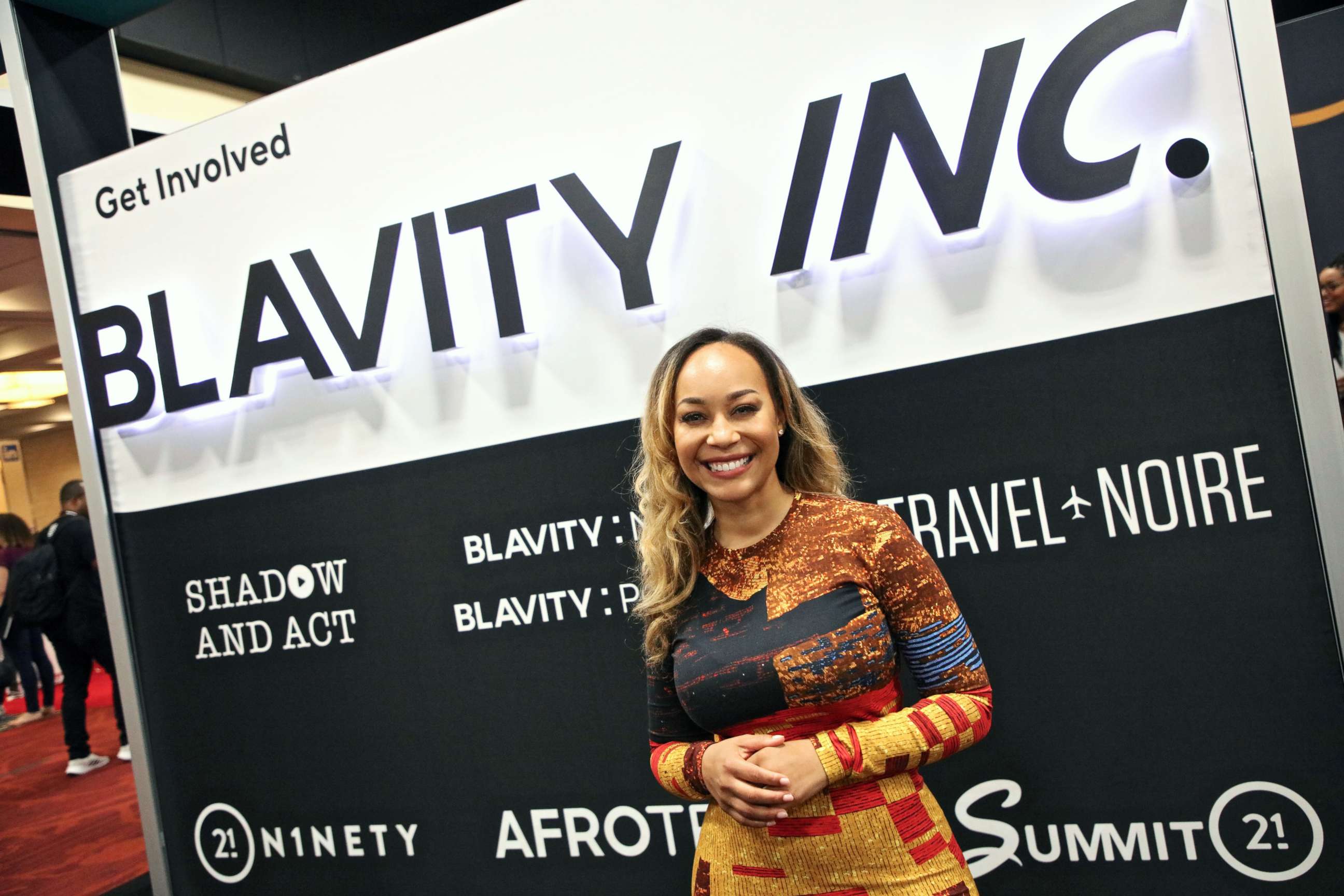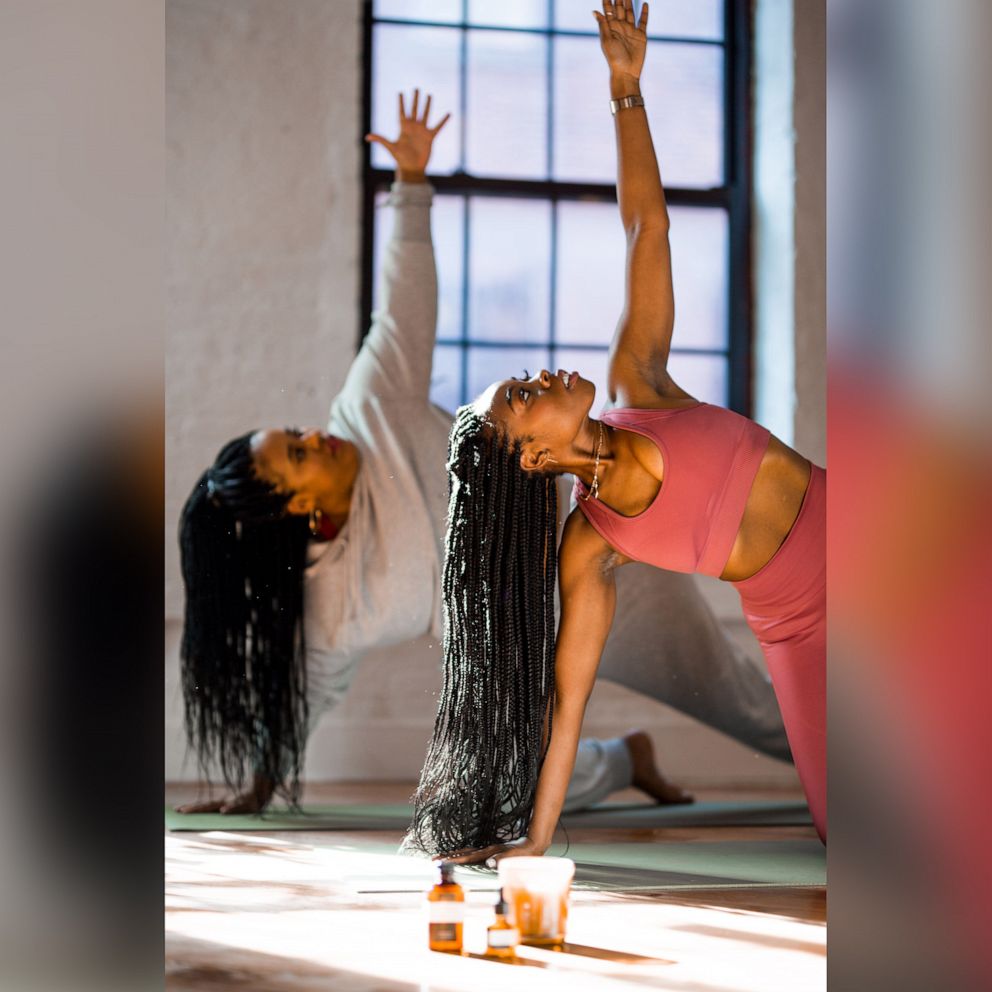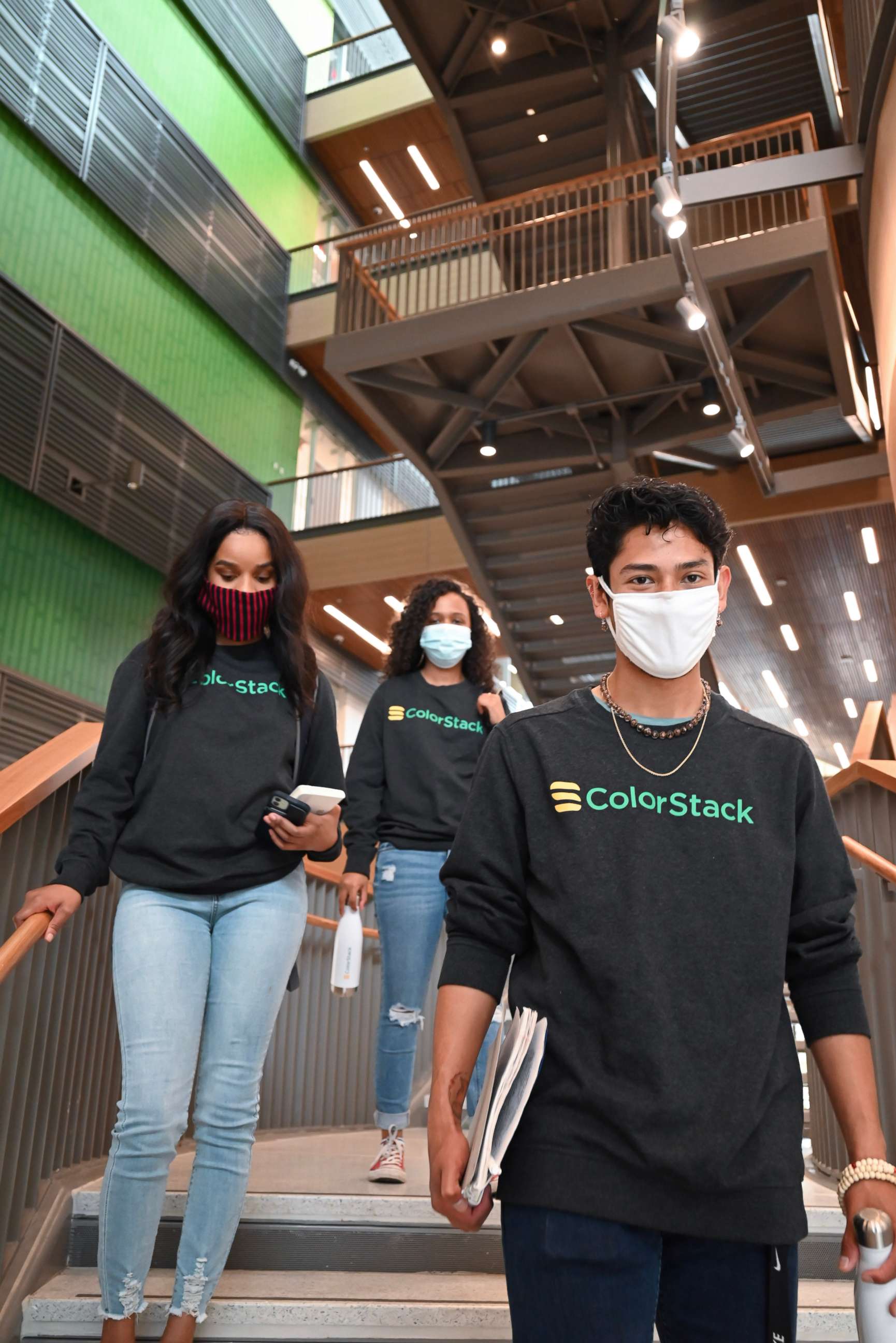Advancing Black entrepreneurship amid a racial reckoning and a pandemic
Only 5% of Black Americans hold some business equity.
Only 4% of Black-owned businesses in the U.S. survive past the startup stage, even though 20% of Black Americans start businesses, according to a 2020 report by McKinsey and Company, a management consulting company.
As the pandemic forced many businesses to close their doors, about 58% of Black-owned businesses in the U.S. were at risk of financial distress before the pandemic, compared with about 27% of white-owned businesses, with possibly up to 41% of Black-owned businesses closing between February and April 2020, according to the McKinsey report.
In another recent study by advocacy groups, Color of Change and The Main Street Alliance, 40% of Black businesses said they could only last another six months, compared with 55% of their white business owner counterparts.

Amid a pandemic and a national racial reckoning in the aftermath of the police killing of George Floyd, there is a lot of focus on Black economic empowerment and building generation wealth, particularly through launching Black-owned business, some of these advocate groups have said.
Yet, the challenges to start a Black-owned business can often seem insurmountable.
Black entrepreneurs start their businesses with about $35,000 of capital compared to their white counterparts who start at $107,000, according to McKinsey's report.
"Many Black businesses can't substantiate themselves because they are behind in an initial investment. We generally have less resources to lean on to start and sustain business in the critical phases," said Andre Perry, senior fellow at the Brookings Institution.
Helping Black economic advancement
As part of a solution to building Black economic opportunity, there are several groups and organizations focused on building economic wealth and equity for rising Black and brown entrepreneurs. ABC News spoke with one. Blavity is a digital media company focused on the Black millennial audience. It announced a six-month entrepreneurial fellowship program for Black startups to help drive Black economic advancement. The company chose 12 entrepreneurs of color to participate.

"It's really about equity and sustainability. We wanted to connect them [entrepreneurs] to resources, mentors and coaches that would help them to succeed on their journey," said Jeff Nelson, co-founder and chief technical officer of Blavity.
According to Blavity, the program will offer free technology resources, an assigned sponsor and a $10,000 non-dilutive grant award, which they say will provide funding for entrepreneurs without requiring them to give away any ownership of their business.
Only 5% of Black Americans hold some business equity compared with15% of white Americans, according the McKinney report.
"Black founders, if they do give venture capital funding tend to give up more of their equity and more of their ownership in the company than a similarly placed white founder would," Nelson explained. "We wanted to give people tangible capital, but not take their ownership away."
The entrepreneurial candidates selected for the program had to have 'strong growth potential', according to Nelson. BK Yoga Club and ColorStack.org were two companies that meet those requirements, both catering to underrepresented communities in their respective industries.
BK Yoga Club is a Black-women owned body positive yoga studio centered on health and wellness. Founded by Paris Alexandra and Alicia Ferguson, the pair launched their company in 2019 after noticing a lack of people of color in their yoga teacher training classes.

Ferguson said they created the business using their professional backgrounds and a start-up cost of $350.
When the pandemic hit, they said they lost over 70% of their business and were forced to reach outside of their community using virtual tactics to survive. They said that with the help of Blavity's fellowship program they hope to expand their Brooklyn-based business across the New York boroughs and build a more diverse clientele.
Also taking part in Blavity's fellowship program is Jehron Petty. As a computer science major at Cornell University, he said he felt isolated being the only person of color in the classroom. That feeling of isolation plus a passion for computer science led him to create ColorStack -- an academic support and career development for Black and Latino students in computer science.
Petty, Ferguson and Alexandra told ABC News that the mentorship provided by the program will be their greatest benefit.
"We all have the talent. I think the missing gap sometimes is actual resources and the tools," Alexandra said.
"You teach a person to fish that's way more important than just giving me the money," Ferguson added.

Perry also spoke about the need for investment in Black businesses. "We have to understand the difference between income and capital. The African American community has the income, but we need the capital," Perry said.
Nelson also spoke about the importance of Black entrepreneurship and ownership against the backdrop of the Black Lives Matter movement and promised many large businesses and corporations have made about diversity and inclusion that seem to ring hollow to him.
"After George Floyd was murdered, so many corporations came out and said, Black Lives Matter, we've got to do something about it. The homepage on the website was black, the Instagram picture was a black square; so much conversation happened. And so many of those corporations and brands struggle, struggled and continue to struggle to translate this awakening into tangible action," he said.
"We don't want you to just help us during Black History Month. Help us all the time, just as you do other businesses and organizations," Paris added.




